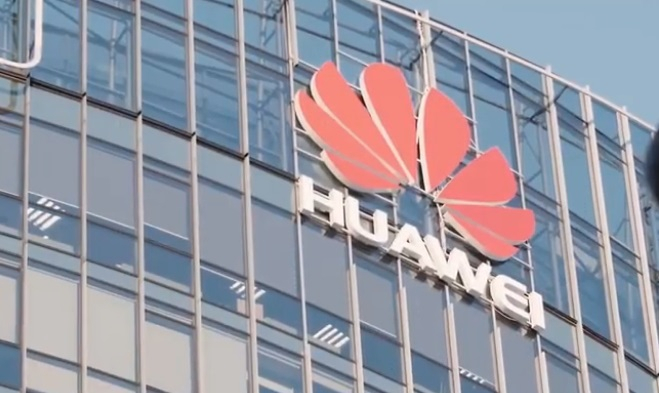Chinese telecom behemoth Huawei Technologies has decided to beef up business in South Korea by increasing purchase of parts for network equipment and smartphones, amid continued US sanctions.
Karl Song Kai, head of Huawei's global media and communications, said the company also planned to increase investment in South Korea, but he didn't specify the numbers. "In 2020, we'll buy more Korean-made products and invest more in South Korea," he said.
The Chinese tech firm, the top telecom gear maker and the second-largest mobile phone manufacturer in the world, said its product purchases in South Korea were expected to surpass 13 trillion won ($11.1 billion) this year, slightly up from last year's $10.6 billion, Yonhap news agency reported on Friday.
"As (the) US (is) getting closed-minded, I believe this is an opportunity for other countries such as South Korea," Song said.
The US has been prodding South Korea and other partner countries to stop using Huawei products on security grounds amid trade tensions with China.

The US also imposed a ban on Huawei that prevents the Chinese firm from buying American-made parts, such as chips and software. But such sanctions have made Huawei turn its eyes to non-American vendors, including South Korea.
"Huawei is trying to establish its own global supply chain, and South Korea plays an important role," he said.
Shawn Meng, who heads the Korean unit of Huawei, said South Korea was an important customer and partner for Huawei. "South Korean customers are one of the toughest who demand high-quality standards," Meng said. "This makes us produce better products and develop advanced technologies," Meng said.
Huawei, which established its Korean unit in 2007, has been trying to expand presence in South Korea in recent years in line with the boom in 5G networks.
Along with South Korea's No. 3 carrier LG Uplus Corp, Huawei said it has established 18,000 5G base stations across the country. The firm, however, has yet to reach a 5G equipment deal with SK Telecom or KT Corp, the country's top two mobile carriers.
The company also opened its 5G lab in South Korea in May, which allows local companies and other business partners to test their technologies and equipment in 5G networks to facilitate collaboration.
Huawei said the plan to set up a R&D centre in South Korea was still on the table. "There are still things that we have to consider. But we have a strong will to establish a R&D centre here," Meng said.









